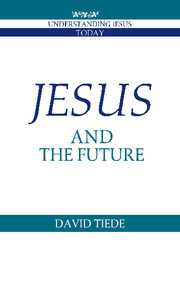Summary
The Revelation to the Heavenly Messiah Jesus
The revelation of Jesus Christ, which God gave him to show to his servants what must soon take place; and he made it known by sending his angel to his servant John, who bore witness to the word of God and to the testimony of Jesus Christ, even to all that he saw.
(Rv 1:1–2)Readers might expect this volume to deal with the Revelation to John in great detail. The shelves are full of studies of this last book in the Bible, and people often speak of “The Book of Revelations” as if they had just decoded a collection of apocalyptic secrets. Many Christians have made this strange book virtually the center of their Scriptures. Some people who practice arts of prediction and mysticism are fascinated with the Revelation to John even if they do not share its Christian faith.
The Revelation to John has long provoked controversy. For centuries, its inclusion in the New Testament was disputed, and objections were raised again in the time of the Reformation in Europe. Today, it is criticized for being too violent. Some suggest that it is a thinly rewritten Jewish apocalyptic tract. Those who use it as a codebook of the future are often intent on escaping or denying the present. But this is not what Jesus or the Christian faith taught. Have they correctly understood the book? If so, should it be excluded from the bible?
- Type
- Chapter
- Information
- Jesus and the Future , pp. 79 - 95Publisher: Cambridge University PressPrint publication year: 1990



